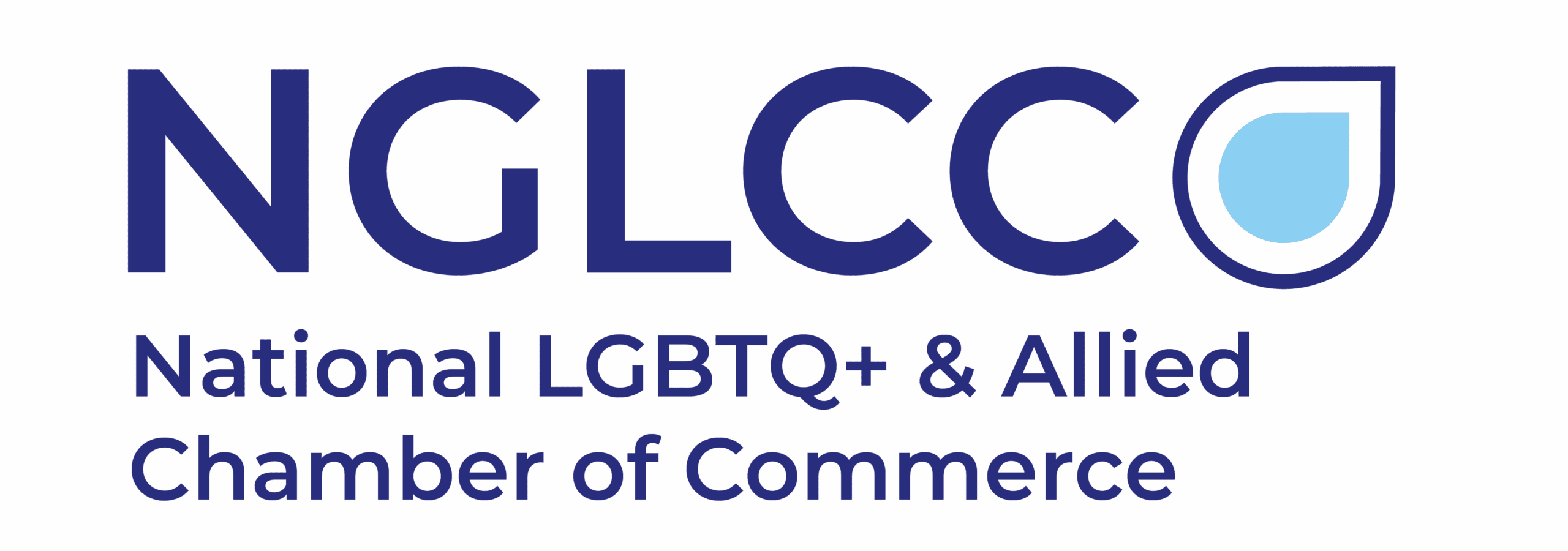Access to affordable, reliable internet is essential infrastructure for today’s economy—and for the LGBTQ+ and allied business community, it’s the backbone of connection, commerce, and innovation. Whether it’s reaching new customers, accessing virtual services, or building inclusive workspaces, digital access enables LGBTQ+ entrepreneurs and their allies to thrive. For nearly 30 years, the Universal Service Fund (USF) has played a vital role in making that access possible—particularly for low-income individuals, rural communities, and public institutions like schools, libraries, and health care providers. However, to sustain and grow this affordability benefit, the way the USF is funded must evolve.
Why the Current Model Is No Longer Sustainable
The USF is currently financed by contributions from traditional telecommunications providers, based on a shrinking pool of voice service revenues. Meanwhile, demand for broadband—and the digital services it supports—continues to rise, especially among communities that have long faced systemic barriers to access.
As LGBTQ+ individuals and small businesses increasingly rely on digital platforms for visibility, services, and economic participation, the gap between who benefits from connectivity and who contributes to supporting it has widened.
What a Modernized Contribution Model Could Look Like
To protect and expand the impact of the USF, including affordability programs like Lifeline and E-Rate, policymakers and industry stakeholders are exploring options to:
● Expand the Contribution Base: Broaden the range of contributors to include additional sectors within the digital economy, ensuring a more sustainable and balanced funding model.
● Align with Modern Usage: Reflect how individuals and businesses actually access and use communication tools today—through broadband and online services, not just voice networks.
● Foster Shared Responsibility: Encourage a collaborative approach where all beneficiaries of widespread connectivity contribute to maintaining and strengthening the digital foundation we all rely on.
Why This Matters for the Business Community
A thriving digital economy depends on strong, inclusive infrastructure. When entrepreneurs and workers—particularly from historically underserved communities—have consistent access to the internet, the entire business ecosystem benefits:
● For LGBTQ+ and allied businesses, this means increased access to virtual markets, online learning, telehealth, and community-building tools.
● For corporate partners and allies, it expands the pipeline of digitally-enabled suppliers, customers, and employees.
● Overall, it supports innovation, economic resilience, and workforce development—especially in rural and emerging markets.
The Path Forward
Modernizing the USF’s contribution model is a practical and equitable step toward ensuring that all communities, including LGBTQ+ and allied businesses, remain connected to the tools that drive growth and opportunity. There is a bipartisan interest in reforming the USF, particularly on how to improve the program in both the near and long terms.
As discussions continue at the federal level, the business community has a clear stake in the outcome. A shared investment in digital equity isn’t just good policy—it’s good business.
